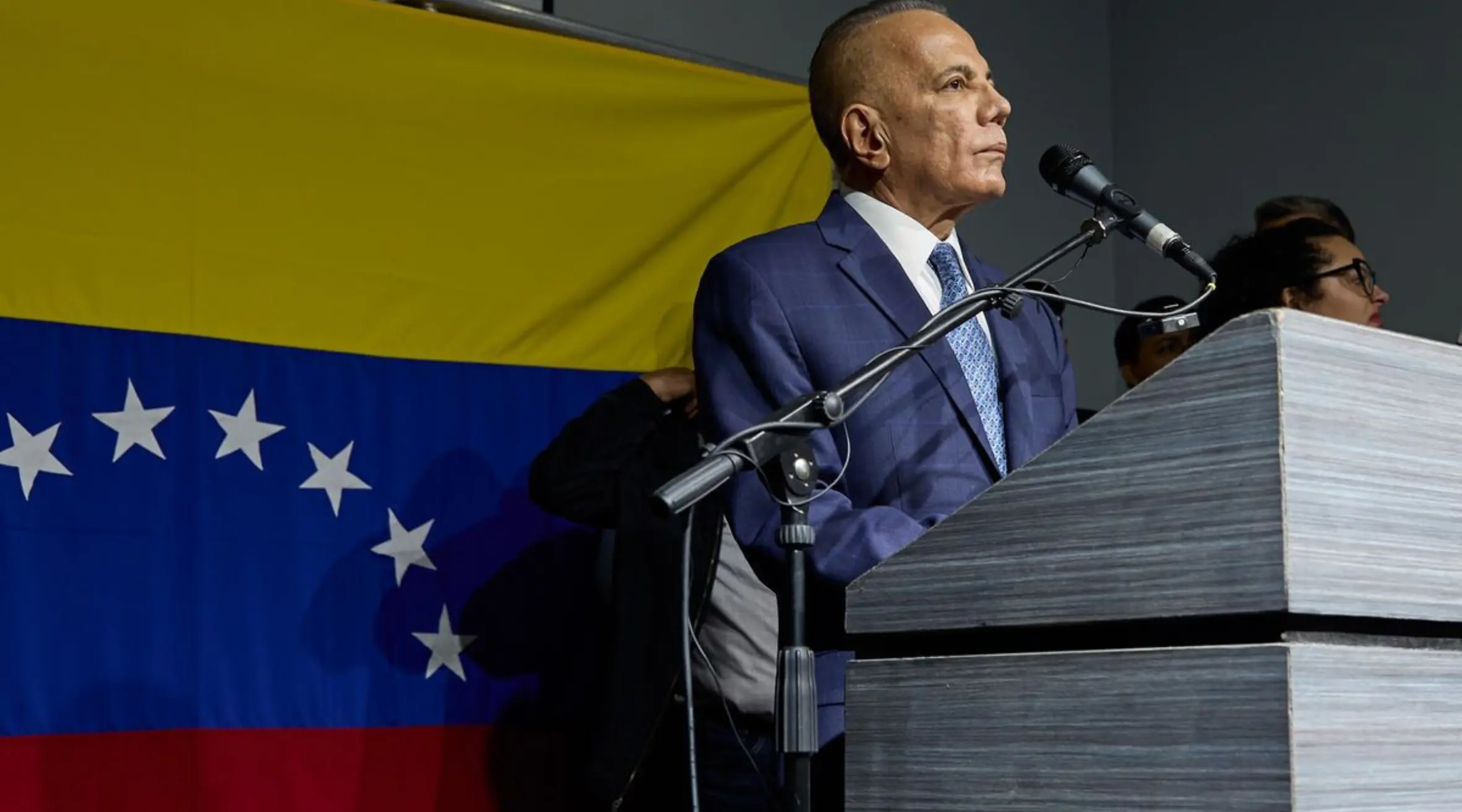Venezuela (Transatlantic Today)— María Corina Machado, a prominent opposition figure in Venezuela, continues to tour the country despite being disqualified from the presidential ballot for the July 28 elections. Machado’s efforts focus on reigniting the hope of opponents of the ruling party, following years of political demobilization.
Grassroots Mobilization
In challenging conditions with limited resources, Machado conducts rallies and campaign events in small towns, gathering hundreds of supporters. These efforts are mirrored by the ruling party, Chavismo, which seeks the re-election of President Nicolás Maduro. Machado’s disqualification has led to Edmundo González, a former diplomat, stepping in as the opposition candidate.
Historical Context
According to BBC, after winning the 2015 parliamentary elections, the opposition faced enormous obstackes in organizing a recall referendum against Maduro. This period was marked by intense public protests, followed by a significant demobilization during the 2018 presidential elections, which the majority of the opposition boycotted due to a lack of assurances for free and fair elections.
Economic and Political Crisis
Venezuela’s extended economic crisis, exacerbated by international sanctions, has resulted in the emigration of millions of Venezuelans. Following the 2018 elections, some governments refused to accept Maduro’s victory, forming an interim opposition administration led by Juan Guaidó, which has since been disbanded. Despite international criticism, Maduro has maintained power, relying on a moderate economic recovery to support his administration.
Opposition’s Renewed Strategy
Despite ongoing challenges, the opposition now sees abstention as not an option. Machado, unable to run herself, is rallying support for González, who is seen as the main challenger to Chavismo. Touring towns deeply affected by years of crisis, Machado’s campaign focuses on generating enthusiasm that translates into votes for González.
Public Support and Campaign Tactics
Machado’s rallies attract significant crowds, where she emphasizes the importance of voting for González to bring about political change. Her rhetoric centers on reuniting families separated by the crisis and creating hope for a better future. Her message resonates with many, as evidenced by the emotional responses of attendees at her events.
Challenges and Government Response
Chavismo, led by figures like Deputy Diosdado Cabello, has responded with parallel campaign events and attacks on Machado and González. Despite this, polls indicate substantial support for González, with some surveys showing him leading Maduro in voter preference.
Electoral Machinery and Mobilization
Analysts highlight the importance of a well-organized electoral strategy for the opposition to succeed. Ensuring effective mobilization and election day operations will be critical. The opposition faces a “difficult war work” in this regard, as noted by political consultant Pablo Quintero.
Local Support and Risks
Local supporters, like Andreina Febres, have taken significant risks to aid the opposition campaign. Febres, an agricultural engineer, has provided her truck for campaign events despite threats. Her determination is fueled by a desire for change and a better future for Venezuela.
Socioeconomic Hardships
Areas like San Mateo, where Febres lives, are plagued by failures in public services, reflecting widespread fatigue with the ongoing crisis. The opposition’s message of hope resonates with those struggling daily to make ends meet.
Looking Ahead
Despite the disqualification of key opposition figures and the challenging political landscape, the opposition remains focused on the July 28 elections as a crucial opportunity for change. The outcome will depend on the effectiveness of their campaign efforts and the mobilization of voters on election day.


























